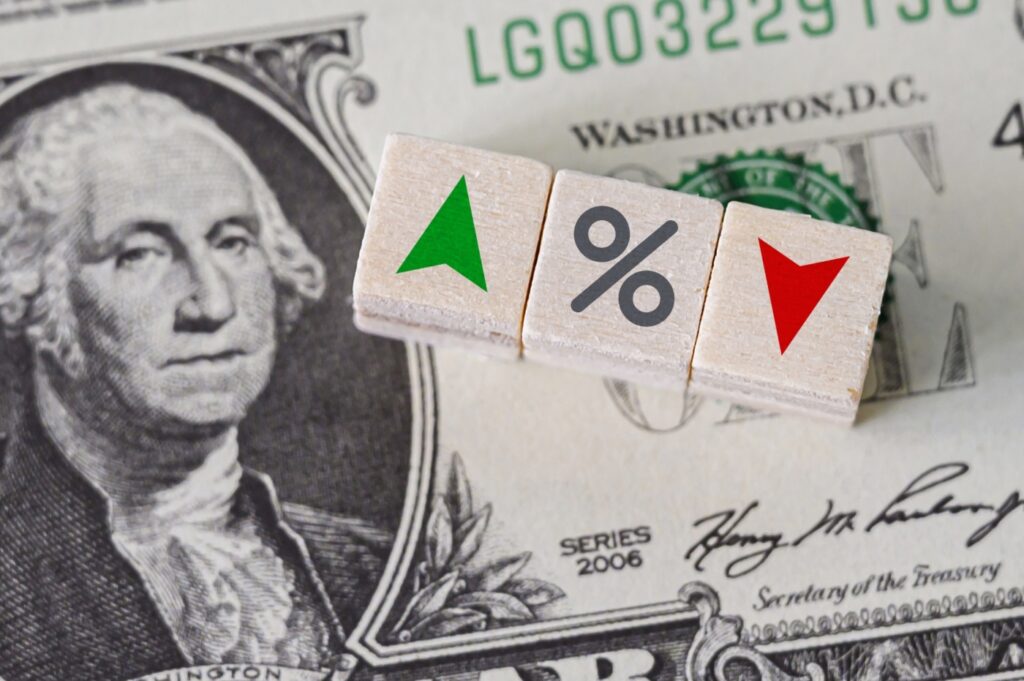
Mortgage rates rose this week as the Federal Reserve prepares to raise its main borrowing rate to battle unnerving inflation hikes.
The average rate on a 30-year loan hit 3.85%, up from 3.76% last week, mortgage buyer Freddie Mac reported Thursday. A year ago, the long-term rate was 3.05%.
The average rate on 15-year, fixed-rate mortgages, popular among those refinancing their homes, climbed to 3.09% from 3.01% a week earlier. It stood at 2.38% a year ago.
Last week, Fed Chair Jerome Powell said he supported a traditional quarter-point increase in the Federal Reserve’s benchmark short-term interest rate when the Fed meets later this month, rather than a larger increase that some policymakers suggested.
Powell opened the door to a bigger hike in the event that inflation, at a four-decade high, doesn’t noticeably decline this year as the Fed expects it to.
The Labor Department reported Thursday that consumer inflation jumped 7.9% over the past year, the sharpest spike since 1982 and likely only a harbinger of even higher prices to come. The increase reflected the 12 months ending in February and didn’t include most of the oil and gas price increases that followed Russia’s invasion of Ukraine on Feb. 24.
Home prices are up about 15% in the past year and as much as 30% in some cities. Available housing has been in short supply even before the pandemic started two years ago, and higher prices and rising interest rates will make it even harder for Americans to secure a new home.
Inflation fears and geopolitical uncertainty are both having an impact, said Sam Khater, Freddie Mac’s chief economist.
Related Articles
Condo shoppers beware: Balcony law could cost you thousands of dollars after you buy
Online-mortgage lender Better fires 3,000 in new round of cuts
Did the pandemic kill homeownership?
Mortgage rate drop may be temporary response to Russian invasion
Mortgage outlook: Rates could keep climbing
“Over the long-term, we expect rates to continue to rise as inflation broadens and shortages increasingly impact many segments of the economy,” said Khater. “However, uncertainty about the war in Ukraine is driving rate volatility that likely will continue in the short-term.”
The 30-year rate rebounded this week following a jump in the 10-year Treasury, which topped 1.95%, said George Ratiu, Realtor.com’s manager of economic research.
“Investors worried about mounting inflation stemming from a likely ban on Russian oil imports amid a spike in the price of US crude to more than $130 per barrel, the highest point in 13 years,” he said. “The big question on many analysts’ minds is whether a 25-basis point hike will be enough given the significant shortage of labor and inflation at levels not seen since the 1980s.”
At today’s rate, the buyer of a median-priced home is facing a mortgage payment that is more than $290 per month higher than a year ago, according to Realtor.com
“With not enough homes for sale, both first-time buyers and homeowners looking for a trade-up home are locked in place by surging prices and higher interest rates,” said Ratiu. “The real challenge for Americans is that the high inflation is eating away at the growth in wages and salaries, on top of spiking housing and living costs.”
Associated Press and CNN contributed to this report.
